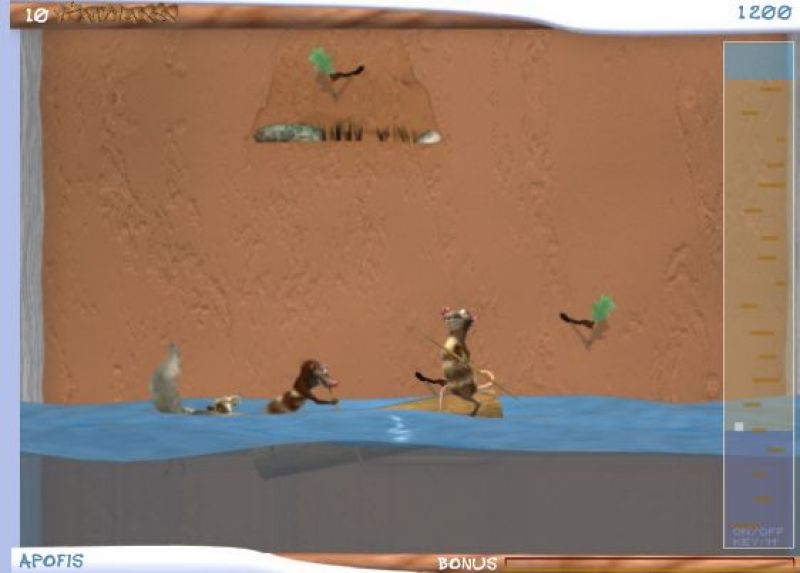

the size and muscle mass of the individual.environmental factors, such as temperature.Older adults who are well hydrated have been found to have:ĭehydration has been linked to a higher frequency of:ĭuring exercise, people may need to consume more water than usual. Older adults may be at risk of dehydration due to health conditions, medications, loss of muscle mass, reduction in kidney function, and other factors.

Those who are breastfeeding will need an additional 0.7 to 1.1 liters (23–37 fl oz). People who are pregnant are likely to need an extra 0.3 liters (10 fl oz). 3.7 liters (or about 130 fl oz) for men.The recommended adequate intakes of total water from all sources each day for most adults between 19 and 30 years of age are: Parents are advised to keep a pitcher handy to encourage healthy water-drinking habits, and schools should have water fountains or equivalent facilities. as an alternative to sweetened drinks and juicesĬhildren should limit their juice consumption to one glass per day.as part of their daily routine (for example, after brushing their teeth and before, during, and after playtime at school).Children over 12 months of ageĬhildren over 12 months of age should be encouraged to drink water in the following situations: However, their primary form of fluid and calories should be breast milk or formula. The CDC says that if infants over 6 months of age need additional fluid on hot days, they can consume water in a bottle. InfantsĮxperts do not recommend plain water for infants before the age of 6 months. The following sections show the average water intake for people of different ages. There is no fixed amount of fluid recommended by age, but some patterns emerge among healthy individuals doing a moderate amount of activity in a temperate climate.


 0 kommentar(er)
0 kommentar(er)
